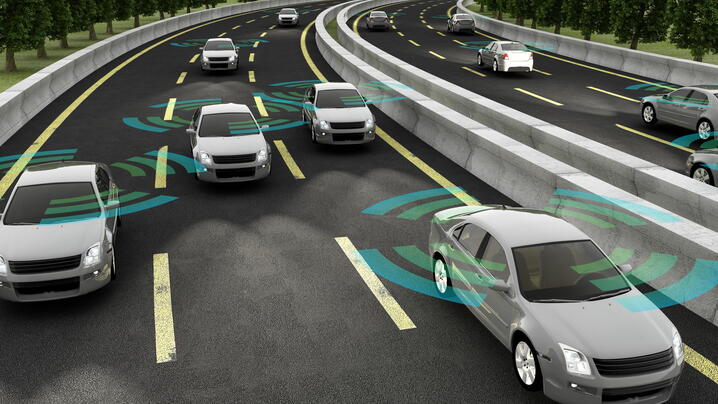
The smartphone in your pocket is changing how we live, move, and spend our time. It’s making it easier to get a ride and to order shoes. While many people like the added convenience, governments are finding that it is creating profound challenges to how we fund public services and infrastructure. From lower parking fees because autonomous vehicles (AVs) and especially shared AVs will park less than individually owned cars, to lost sales tax revenue from e-commerce, government agencies are going to have to change their revenue models to adjust to technological changes.
In July 2017, Urbanism Next, a research project sponsored by the Sustainable Cities Initiative, explored one of the secondary effects of AVs and e-commerce on communities—the impacts on local government budgeting and finance.
This report takes you through a city’s budget—both revenues and expenditures—and starts to think about what could happen as AVs become common and e-commerce takes on an even larger role in retail. City leaders have to start planning for this future now if they want to have a voice in what AVs and e-commerce will do to their cities. AVs create a “potential rat’s nest of a budgeting challenge.” This report seeks to begin the process of untangling that rat’s nest, and provide the foundation for future phases of the project that will consider potential additional revenue sources to fund the infrastructure changes that may come from the integration of AVs and more widespread e-commerce.
Consider that AVs will be on the roads in substantial numbers within the next 10 years, and taking on a substantial share of transportation needs in 20 (or less). Uber didn’t exist before 2009, but by 2017 nearly 10% of people who sold their cars last year are doing it because they just use Uber and Lyft instead. As the technology gets simpler and pricing goes down, more and more people will find alternative ways to getting around than owning their own car.
E-commerce promises to be equally disruptive to retail. When Amazon started in the 1990s, no one could have imagined that the online bookstore would transform into one of the world’s largest companies. Now, about half of all American households have an Amazon Prime account and brick and mortar stores across the country are struggling to compete. More stores are closing today than during the Great Recession, emptying out commercial corridors and shopping malls.
The combination of e-commerce and AVs will (and may already be) reshaping our cities and this transformation will affect everyone. Many cities have large investments in on-street parking and parking garages built with bonds to be repaid by future parking revenue. However, that revenue might not materialize as more and more people use ridesharing and AV services instead of their own cars. Already, airports have seen a substantial drop off in parking revenue, taxi revenues, and rental car revenues because of the increase in ridesharing services.
The report explores the impacts of technology on a range of taxes, including property, business, and sales use taxes, as well as fee for service. It also raises a number of equity issues, considering that many jobs, such as bus drivers, parking enforcement, and court personnel that handle traffic citations may shed jobs as they are replaced by AVs or there is less demand because of a lack of parking and enforcement of traffic laws.
Download the report here (https://tinyurl.com/SCI-municipal-impacts).
New, Reduced Membership Dues
A new, reduced dues rate is available for CAOs/ACAOs, along with additional discounts for those in smaller communities, has been implemented. Learn more and be sure to join or renew today!
Emerging Technology
For more leading practices on emerging technology, attend one of the many educational sessions listed under the “Emerging Technology” theme track at the 2017 ICMA Annual Conference, October 22-25 in San Antonio, Texas.
